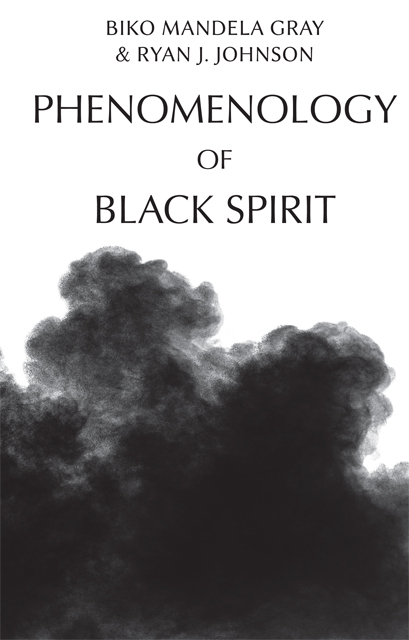5 - Sacramental Work and Desire
Published online by Cambridge University Press: 10 August 2023
Summary
Hurston left us with the individual. Her legacy was steeped in attention to Black lives as they were lived. She developed rich and complex characters who defied easy moral categorisation. More than this, she critiqued the dominant Black politics of her day, recognising race and racism but not succumbing to it. Her life was marked by a devotion to integrity – to the integrity of making something of oneself, of being a ‘tub’ that could stand on its own bottom. She took joy in this. And she took joy in expressing this joy in her characters – even as they struggled.
Hurston therefore retained the affective dimensions of Hegelian devotion, but moved beyond it. Her attention to joy speaks to the feeling of that devotion, but it is turned toward the individual – a turn that exceeds Hegel’s discussion, and one that pushed beyond and beneath Garvey’s commitment to ‘Africanness’. It is precisely in this turn that we see the next phase of the phenomenology of Black spirit. And it is this turn toward the single subject who must do the work that speaks to Hurston’s role as a transitional figure, one who bridges the gap between devotion and the next movement in Black life. We call this next movement ‘sacramental work and desire’, and here we explore Martin Luther King, Jr and Ella Baker as its exemplars.
King and Hegel
Among all the Black thinkers discussed in this book, Martin Luther King might have the clearest relation to Hegel. Even amid the intensity of the Montgomery bus boycott, King said that Hegel was his favourite philosopher. Reportedly first encountering Hegel during his undergraduate years at Morehouse, when he was only fifteen years old, he ‘succumbed to an almost uncritical fascination with the Hegelian dialectic’. Later, as part of his Boston University graduate studies, King studied Hegel more deeply in Edgar S. Brightman’s year-long philosophy of religion course. When Brightman died during King’s second year at Boston, his protégé L. Harold DeWolf became King’s mentor. Under DeWolf ’s tutelage, King was immersed in rigorous studies of ancient, medieval, and modern philosophy, personalism, Christian ethics, systematic theology, non-western religions, psychoanalysis, existentialism, and Heidegger.
- Type
- Chapter
- Information
- Phenomenology of Black Spirit , pp. 177 - 218Publisher: Edinburgh University PressPrint publication year: 2022

